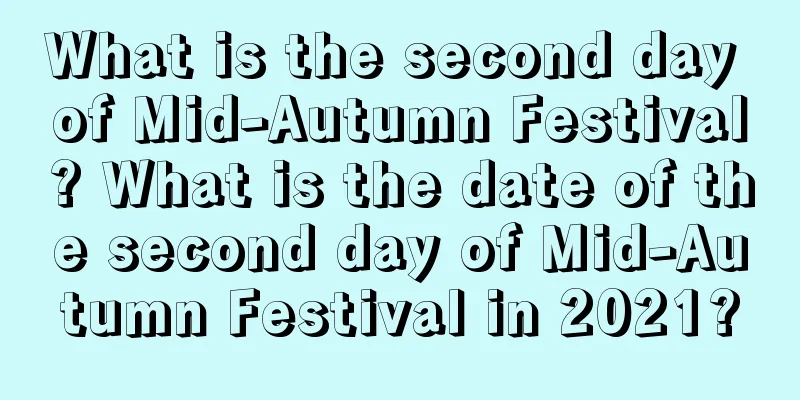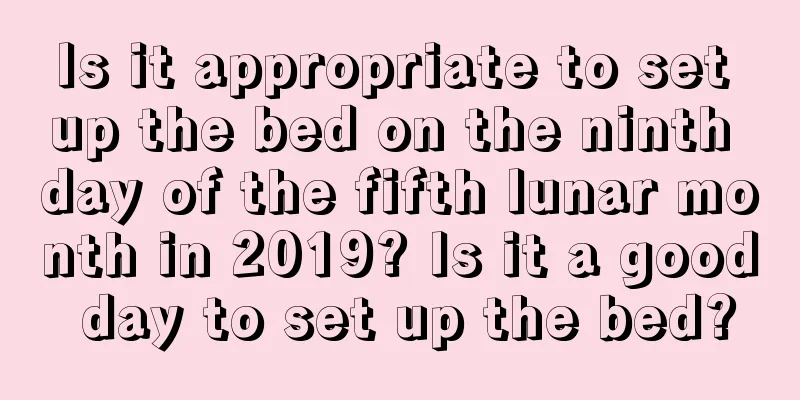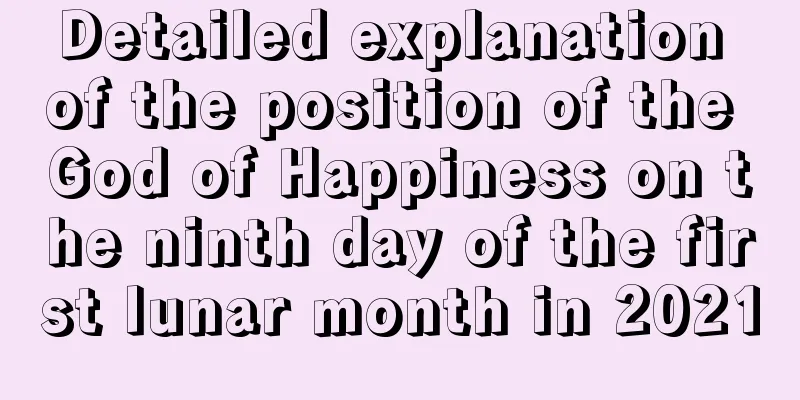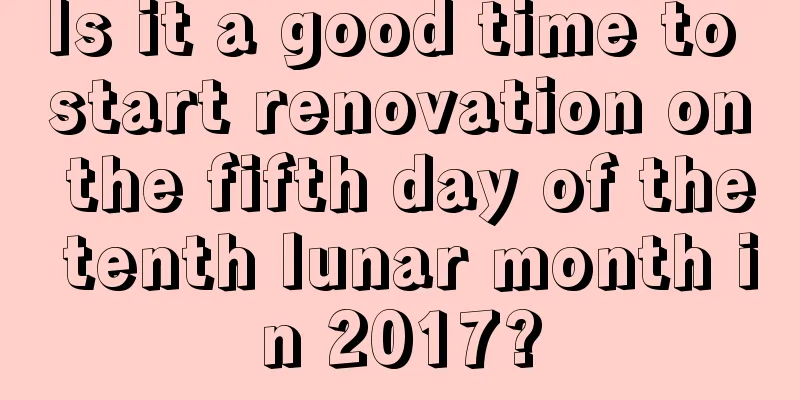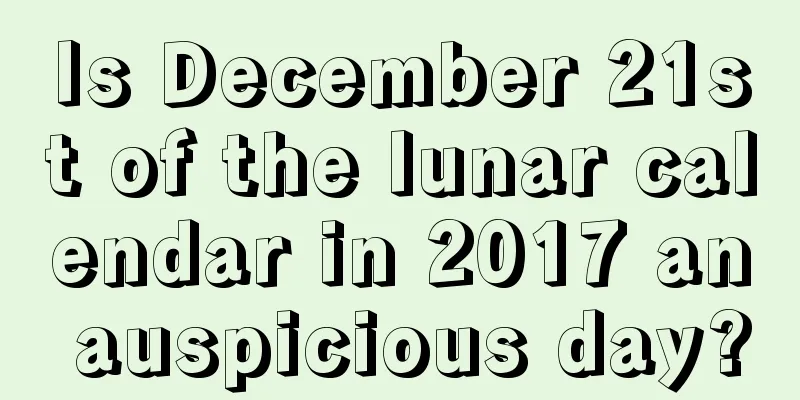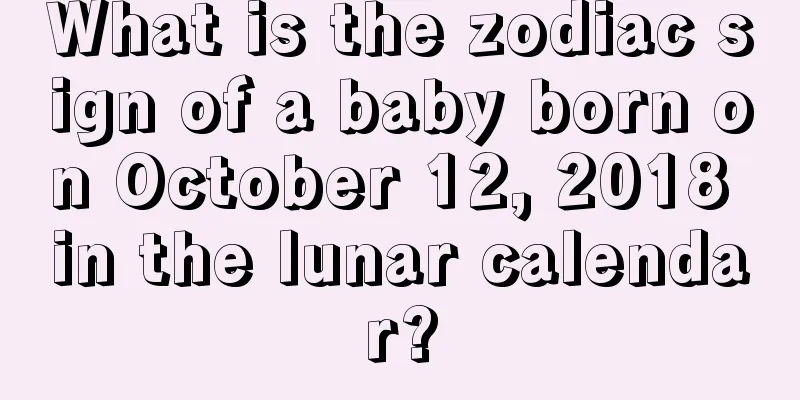Are there any special customs during the Autumnal Equinox? Autumnal Equinox

Different solar terms in the 24 solar terms have different meanings, and there are more than 24 customs in the 24 solar terms; the customs of each solar term are a kind of cultural heritage. Are there any special customs for the Autumnal Equinox? The significance and customs of the Autumnal Equinox. Autumn is the season of harvest. As the eighth month of the lunar calendar arrives, the autumn atmosphere gradually becomes stronger. The autumn breeze brings coolness, and days like this should be beautiful every day. Shuimoxiansheng.com will accompany you through every day of the eighth lunar month of 2019.Are there any special customs during the Autumnal Equinox?On the day of the autumnal equinox, like the vernal equinox, the sun shines almost directly on the equator and the length of day and night is almost equal. From this day on, the position of direct sunlight continues to move from the equator to the Southern Hemisphere, and the days begin to become shorter and the nights longer in the Northern Hemisphere. According to the autumn theory of the traditional Chinese calendar, this day is exactly half of the ninety days of autumn, so it is called the Autumnal Equinox. But astronomically speaking, autumn in the Northern Hemisphere begins at the autumnal equinox.《1》Eggs standing upright on the Autumnal Equinox - "When the Autumnal Equinox comes, the eggs are pretty." Just like the "Spring Equinox", when the "Autumnal Equinox" comes every year, many places in my country will hold fun games or competitions of "standing eggs" on this day. According to historical records, China had the tradition of "standing eggs" on the day of the "Spring Equinox" 4,000 years ago to celebrate the arrival of spring. The gameplay is simple and easy: choose a smooth and symmetrical fresh egg that has been laid just four or five days ago, and gently stand it upright on the table. The "egg erecting" activity embodies people's awe and reverence for life and fertility. 《2》Drinking autumn soup - In rural areas, different places have different customs. In rural areas, every autumnal equinox, families always go to the fields to collect some wild vegetables and make "autumn soup" in order to "cleanse the stomach and pray for health"! 《3》Talking about Autumn - There is a custom of talking about autumn in rural areas. On the day of the Autumnal Equinox, the elderly in the village will visit each household, talk about customs, some farming work, and send blessings for autumn! Autumnal Equinox Significance and Customs:The significance of the Autumnal Equinox: The Autumnal Equinox is similar to the Vernal Equinox, in that the sun is directly above the equator. On this day, the day and night are of equal length, the only difference is that one turns cooler, and the other turns warmer! After the Autumnal Equinox, my country enters the meteorological autumn from north to south. The weather starts to become dry and rainy. The Autumnal Equinox "equally bisects autumn", with day and night being evenly divided into 12 hours, so it is quite special!Autumnal Equinox Customs: Autumn Moon Worship The Autumnal Equinox was once a traditional "Moon Worship Festival". For example, there is an ancient saying that "In spring, worship the sun, and in autumn, worship the moon." The current Mid-Autumn Festival originated from the traditional "Moon Festival". According to research, the Moon Festival was originally scheduled for the Autumnal Equinox. However, since the date of this day in the eighth month of the lunar calendar varies every year, there is not always a full moon. And offering sacrifices to the moon without a moon is a great spoiler of the scenery. Therefore, the "Moon Festival" was later moved from the "Autumnal Equinox" to the Mid-Autumn Festival. Autumnal Equinox Customs: Eating Autumn Vegetables In the Lingnan region, the Xie family in Cangcheng Town, Kaiping, one of the former Four Counties (now Five Counties with Heshan), has an unofficial custom called "eating autumn vegetables on the Autumnal Equinox". "Qiucai" is a kind of wild amaranth, which the locals call "Qiubihao". On the day of the Autumnal Equinox, the whole village goes to pick autumn vegetables. When searching in the fields, most of the plants you see are light green, thin, about the length of a palm. The harvested autumn vegetables are usually boiled with fish fillets at home, which is called "autumn soup". There is a saying that goes: "Autumn soup cleanses the internal organs and cleanses the liver and intestines. May the whole family, young and old, be safe and healthy." Since autumn, people have been praying for peace at home and good health. Autumnal Equinox Customs: Worshipping Gods Folk festivals around the Autumnal Equinox include the birthday of King Kaizhang on February 15th: King Kaizhang, also known as "King Chen", was a military scholar in the Tang Dynasty, Chen Yuanguang, who made great contributions to Zhangzhou and became the patron saint of Zhangzhou after his death. February 19th is the birthday of Guanyin Bodhisattva. On every birthday, many believers eat vegetarian food and go to various Guanyin temples to worship. February 25th is the Sanshan King Memorial Day: The Sanshan King refers to the mountain gods of Dushan, Mingshan and Jinshan in Jieyang County, Chaozhou Prefecture, Guangdong Province. They were chosen as patron saints by Chaozhou Hakka immigrants in the early years, so their believers are mainly Hakka people. Autumnal Equinox CustomsThe autumnal equinox is the traditional "Moon Worship Festival". There is a saying in my country since ancient times that "worship the sun in spring and the moon in autumn". The Mid-Autumn Festival is a remnant of the ancient custom of celestial worship - the moon. The Mid-Autumn Festival in modern society originated from the traditional "Moon Worship Festival". According to research, the Moon Festival was originally scheduled for the Autumnal Equinox. However, as the date of this day in the eighth month of the lunar calendar varies each year and there is not always a full moon, the Moon Festival was later moved from the Autumnal Equinox to the fifteenth day of the eighth month of the lunar calendar. Moon worship is a very old custom in our country. It is actually an activity of worship for the "Moon God" by the ancients. In ancient times, in some parts of Guangdong, people had the custom of worshiping the moon on the night of the Mid-Autumn Festival. Xiyue means worshiping the moon god. A large incense table is set up, and offerings such as moon cakes, watermelons, apples, red dates, plums, and grapes are placed on it . Under the moon, the "Moon God" tablet is placed in the direction of the moon, red candles are lit, and the whole family worships the moon in turn, praying for blessings . |
Recommend
Is it a good idea to move house on the first day of the first lunar month in 2019? Can I move into a new home?
Want to know more about the first month of 2019? ...
Is it good for a boy born in Grain in Ear in 2022 to have a good fate? What career is suitable for you when you grow up?
Grain in Ear is one of the solar terms in summer a...
Is it a good day to travel on the twelfth day of the ninth lunar month in 2017?
In this golden month of September, the trees are l...
What date is the third day of the Chinese New Year in 2018 in the Gregorian calendar? Is it suitable for signing a contract?
The Spring Festival is the beginning of the lunar ...
Is it a good idea to move on March 14th of the lunar calendar in 2018?
An ancient poem says, "Fireworks are everywh...
March 29, 2020 — Is the sixth day of the third lunar month a good date according to the lunar calendar?
The lunar calendar is a traditional Chinese calen...
The position of the God of Happiness on the fifth day of the seventh lunar month in 2020
An overview of the direction of the God of Happin...
Does a boy born on the eighth day of the first lunar month in 2022 have a good fate? What is his fate?
The first month of the lunar calendar is the month...
Is it a good day to get a hair cut on August 24, 2021 in the lunar calendar?
Hair has been a very important thing since ancient...
Are people born on May 30th of the lunar calendar in 2019 Cancer? Analysis of the fate of AB type Cancer!
Introduction: Everyone is born with not only a zod...
What is the date of the tenth day of the twelfth lunar month in 2019?
What is the date of the tenth day of the twelfth ...
Is it auspicious to move house one day after the Frost Descent in 2019? How many days are left until the Frost Descent in 2019?
Introduction: Moving is an important matter, so yo...
Is it a good idea to hold the funeral on April 20th of the lunar calendar in 2018?
People inevitably experience birth, aging, sicknes...
Is the first day of September in the lunar calendar of 2017 a suitable day to go to the temple to burn incense and pray for blessings?
Introduction: Praying for blessings is a big deal ...
Is the 28th day of the sixth lunar month in 2018 suitable for funerals? Is the fortune on that day good?
The Chinese believe that the timing of a funeral w...


